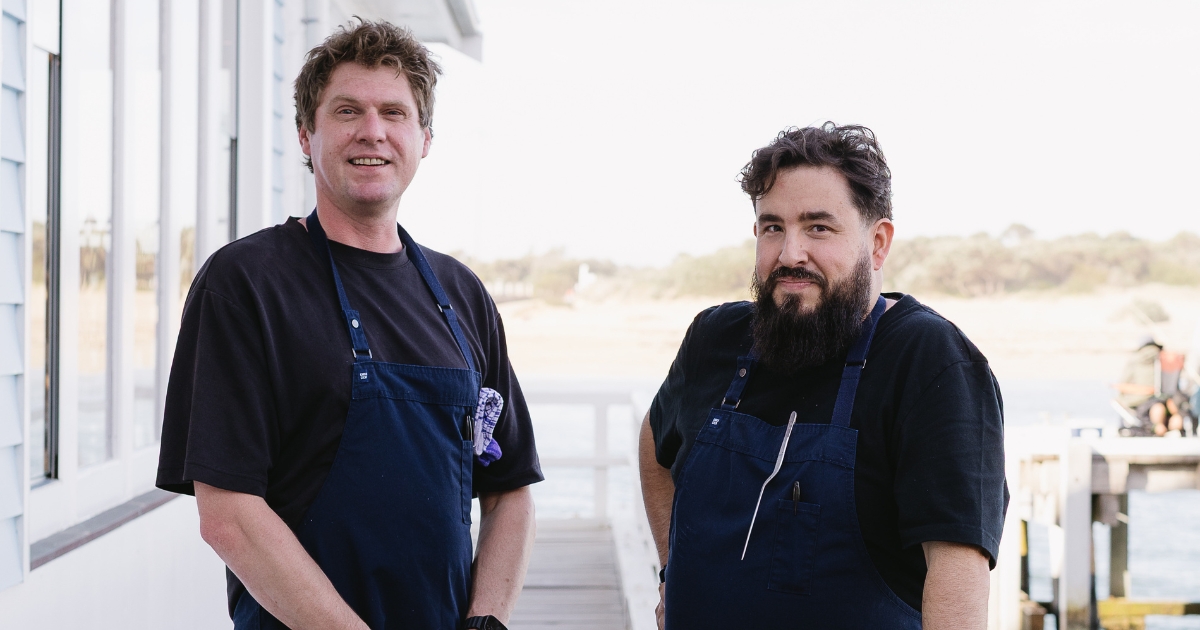Recognising and managing postnatal depression

Symptoms of postnatal depression are typically experienced between one and 12 months after giving birth.
Postnatal depression affects one in seven, or 16 per cent of women in Australia and one in 20, or five per cent of fathers.
It is medically characterised by feelings of hopelessness, despair, inadequacy in your parenting capacity, isolation, feeling guilt, severe fatigue, difficulty bonding with your baby, anger, irritability and frustration or feeling completely numb and/or disconnected.
These feelings are typically experienced between one and 12 months after giving birth.
A large portion of my practice is women, children and young families. I have the privilege of riding the roller coaster of parenthood right from preconception care, to the joy of pregnancy, to the elation of giving birth and becoming a parent.
I too, have ridden that roller coaster and I am one to be very honest with my patients in admitting that having a newborn or infant isn’t always peaches and cream.
It is a juxtaposition of feelings. Honour at becoming a parent, resentment at losing the life you knew before, fear and anxiety about doing the “right” thing, joy and wonder at observing their milestones, pride and happiness in watching them grow, but despair at getting up for the 12th time at night to comfort or feed.
One can feel lost in this new world of burping, colic, formula and feeding, mothers group, eating well, to self-settle or hold, dummy or no dummy, getting out of the house before noon, fighting feelings you may feel guilty about, finding time to be a partner, friend, son, daughter or parent to older children…
It’s little wonder that so many parents can relate to these feelings, some more so than others.
What is important, is that you ask for help, speak up. Whether it is your partner, mum, friend or GP, but speaking up and being honest about how you might be feeling is the first step towards managing postnatal depression and anxiety.
In addition to all of the wonderful services we have available to us including your GP, maternal child health nurse and your circle of family and friends, I would highly recommend seeing a naturopath who can provide not only emotional support and guidance, but may help to identify any relevant deficiencies, aid with sleep and anxiety and help you with simple, nourishing meals. I have lost count of the number of new mothers that are diagnosed with postnatal depression without so much as a blood test to check for anaemia, which is very common post-partum, particularly with blood loss at birth. Anaemia can sometimes mimic or amplify feelings of depression and anxiety after birth.
There are many possible causes of postnatal depression.
If you can relate to this article, or you feel that you may have postnatal depression, or you recognise these symptoms and behaviour in your partner, family member or friend, please seek help and support.
If you know someone with postnatal depression, drop off a meal on the doorstep, or a bunch or flowers, offer to take older siblings to the park for an hour to give mum and dad a break, ask them if there is anything you can do to help.
It takes a village, but sadly, most new parents don’t have that village to embrace, encourage and support them at what is arguably one of the most rewarding and challenging times in your life.
Bec Winkler is a naturopath with more than 10 years’ experience. She works at the Chiropractic Centre, Jan Juc.

















